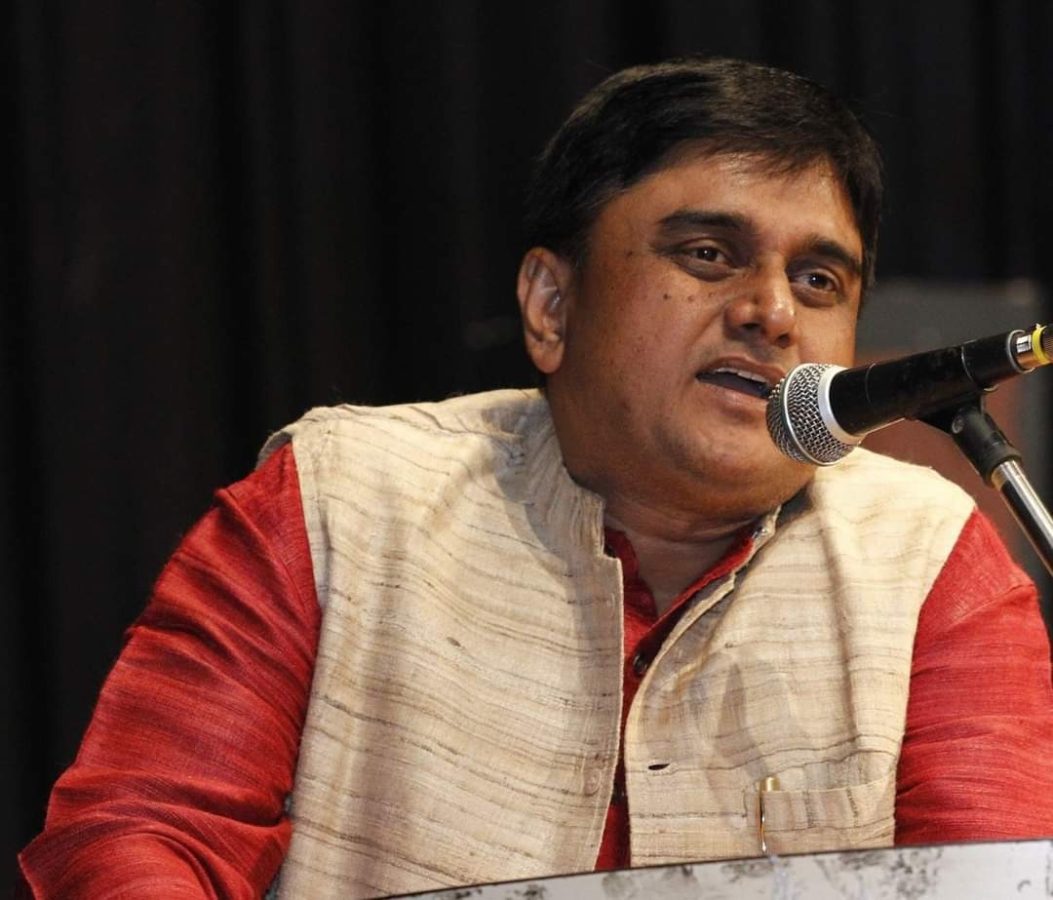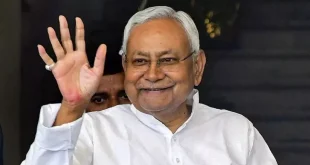
Saharsa, May 20 (Hindustan Reporter) Under the aegis of Vaidehi Art Museum, a webinar on the topic “Museums in the Indian Knowledge Tradition” was organized on Monday in the series program of International Museum Day. As the keynote speaker of the webinar, Culture and Museum Professor Om Prakash Bharti said that museums are the treasure of memories and knowledge of our ancestors and the future of our traditions. India's tendency has been to accumulate. The West claims that the word museum in English first developed in Greece. A museum is a social institution that cares for and exhibits a collection of works of art and other objects of artistic, cultural, new scientific importance.
If we look at the Indian context, man-made paintings have been displayed in Bhimbet Ka, a thousand years before Christ. These paintings have been carved with dark red colors in such a way that the humans of that time used to come to see them. Even today, a glimpse of these paintings can be seen. Bhils and Gonds can be seen in the paintings. According to the Indian knowledge tradition, it can be called the world's first museum. In the Indus Valley Civilization, we find artefacts from other contemporary civilizations which indicate that the art-loving Indus people kept these artefacts in their homes. Used to decorate and preserve them. Surely all these artefacts would have been preserved and displayed at the city level also.
Nalanda and Vikramashila University of the 5th century used to house huge libraries and manuscript buildings. “Koothmalamba” of Kerala has a tradition of preserving art objects since the ninth century. The Satras of Assam have preserved art objects since the sixteenth century. In this way, according to the Indian knowledge tradition, the museum has the oldest tradition in India. There is a need for in-depth research on this subject and it should be brought to light.
 look news india
look news india
